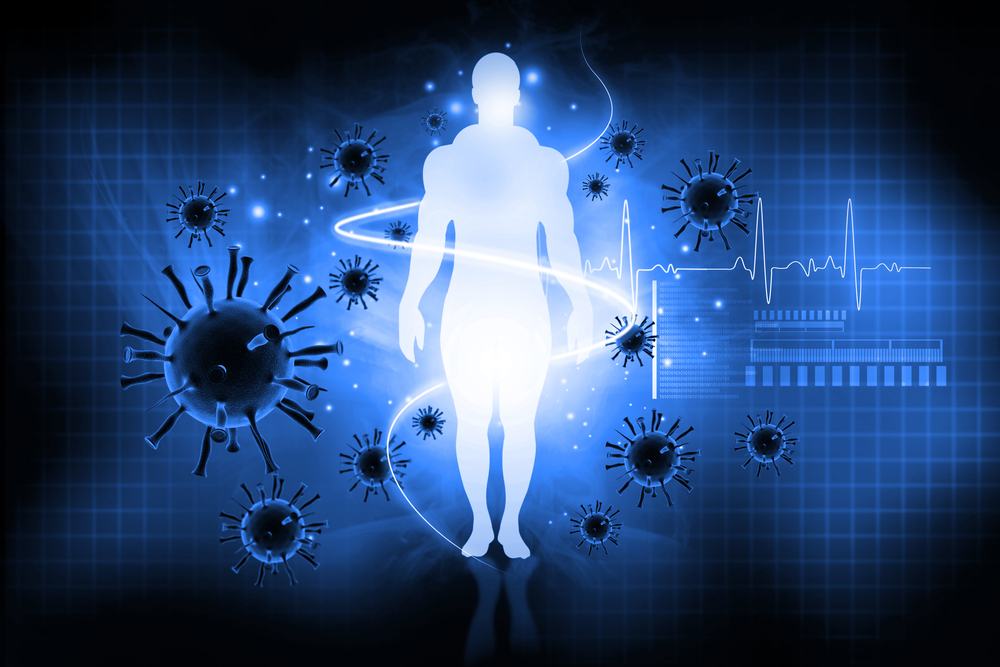
Immunocompromised patients Part II
Part 2: Mechanisms of Acquired Immunodeficiency
Summary
Note: Infection remains an important cause of morbidity and mortality in immunocompromised patients.
While immunosuppression itself does not cause pathology, it does leave the patient more prone to infection. The clinician must maintain a high index of suspicion as there is currently no good test to measure the degree of immunosuppression. The consequences of immune suppression in the ICU highlight the importance of infection prevention and control, as well as surveillance measures to ensure that appropriate treatment is implemented safely and quickly. Intensive care clinicians require a thorough understanding of the mechanisms of immune suppression and the management of patients with immune dysfunction.
General Information
Enrolled trainees 1492
Open 23.08.2019
Available for ESICM members
Student effort 1
Last Updated May 17, 2024
Intended Learning Outcomes
After studying this module on Mechanisms of Acquired Immunodeficiency you should be able to:
- Understand the elements of a normally functioning immune system
- List non-pharmacological and pharmacological mechanisms for acquired immunodeficiency
- Appreciate the potential for immunomodulatory therapies in the septic patient
Relevant competencies in CoBaTrICE
- 1.1 Adopts a structured and timely approach to the recognition, assessment and stabilisation of the acutely ill patient with disordered physiology
- 2.2 Undertakes timely and appropriate investigations
- 2.10 Integrates clinical findings with laboratory investigations to form a differential diagnosis
- 11.6 Critically appraises and applies guidelines, protocols and care bundles
Enrollment Options
You are currently NOT enrolled in this course.
This course is available only for registered ESICM members.
If you are an ESICM member you can enrol yourself by clicking the Enrol Me button.
If there is no Enrol button on the top left of this card please check that you have login and that you are an ESICM Member.
Verify that you are logged in the Academy using your valid ESICM account to enrol yourself in the course.
Disclaimer
All authors of ACE courses sign a document declaring absence or any actual or potential conflicts of interest. In addition, they sign a copyright document confirming the work is their own and that they have obtained the necessary permission for any copyrighted material. The latter document also transfers the intellectual copyright to the ESICM. Both the conflict of interest and copyright forms are filed and stored in compliance with GDPR and are available for inspection upon request.
